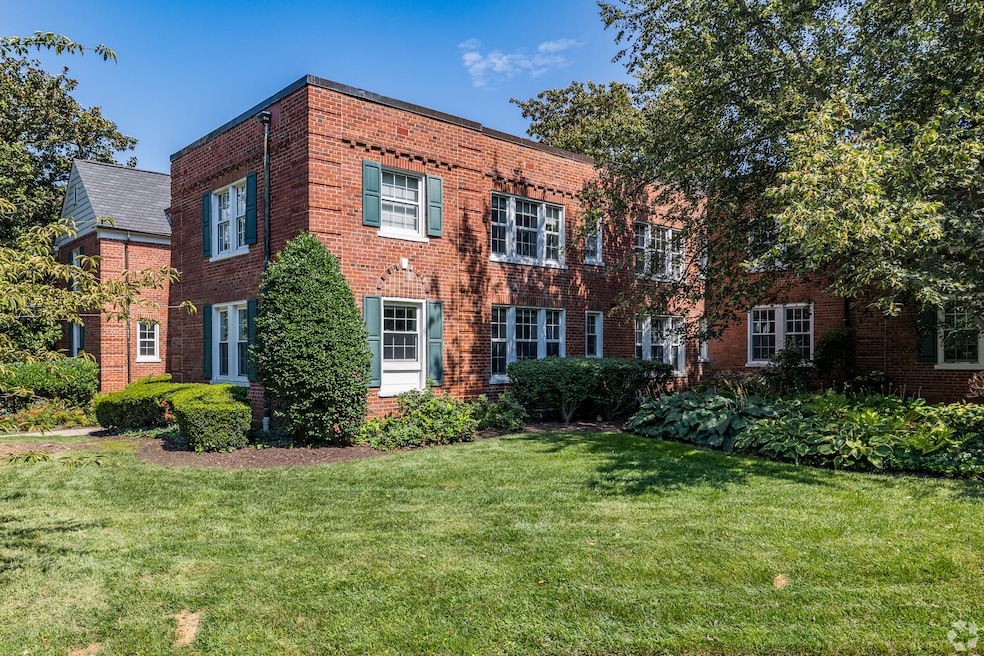In cities and counties across the U.S. that have opened up neighborhoods historically limited to single-family homes to other types of housing, lawsuits have often followed. Two places in Virginia found out recently how quickly courts can disrupt their efforts to change housing patterns — or bring them back to life.
Arlington County, just across the Potomac River from Washington, D.C., saw a local circuit court judge last September overturn its “missing middle” housing law. It’s called that because it allows duplexes, townhouses and small multifamily buildings of up to six homes to fill the gap between detached single-family homes and large apartment buildings. The judge said the county hadn’t planned for how increased development in neighborhoods would affect things like water and sewer services and traffic.
The Virginia Court of Appeals reversed that ruling on June 24, not because the court disagreed with the earlier decision, but because a builder who wanted to be a party to the case wasn’t included. The builder was upset because it had nearly completed homes that were allowed under Arlington’s new rules, but the court decision meant they couldn’t obtain a permit. The appeals court agreed with the builder. Now, though the court case continues, the county may be able to once again issue permits for new housing.
“It’s a good outcome for the missing middle folks, and it’s a good example of how procedural things can make a big difference. You can’t take for granted that things will be determined based on the substance,” Kedrick Whitmore, a land use and zoning expert at the law firm Venable, told Homes.com.
Arlington County did not immediately start taking applications again from builders for duplexes and other types of multifamily housing in response to the appeals court decision.
“The county is considering its next steps, including how this impacts previous applicants for permits, new applications, and housing options in Arlington County going forward,” the county said in a statement.
Arlington residents who support the county’s missing middle housing program were pleased by the latest court ruling. Supporters see adding more home types to single-family neighborhoods as an important way to address the county’s high housing prices and limited supply of homes affordable to people across the income spectrum.
“A small group of wealthy homeowners spent their time and resources trying to lock the doors behind them — to preserve a status quo that has kept too many people out for too long,” the Rev. Ashley Goff, pastor of Arlington Presbyterian Church, said in a statement by the advocacy group Virginians Organized for Interfaith Community Engagement.
Around the U.S., as cities and counties change their zoning rules to allow more kinds of housing in neighborhoods, single-family homeowners have often challenged the rules in court. In some cases, states, from Montana to Massachusetts, have required cities to change their rules, and sometimes cities themselves are the ones filing lawsuits.
Charlottesville residents successfully challenge program
Two hours away from Arlington, in Charlottesville, Virginia, another circuit court judge struck down the city’s own missing middle housing program, which has the same purpose as Arlington’s, to expand housing options in neighborhoods where only single-family detached homes were allowed. As was the case in Arlington, a group of residents had challenged the program, saying the city hadn’t properly planned for negative impacts from traffic.
Also similar to the Arlington case, Charlottesville Judge Claude Worrell’s ruling Monday was not about whether the city had planned properly for the new housing. Instead, the judge threw out the program because a city attorney had failed to meet a deadline to file a legal document. Worrell had given the city 21 days to respond to a complaint the residents filed.
Arlington’s board of supervisors voted to implement its missing middle housing effort in March 2023. Prior to the court blocking the program last fall, the county had issued permits for 186 homes that would not have been allowed in the past. However, only two projects were under construction by that time, according to the county website. The program allows duplexes, up to three townhouses and up to six multifamily units on lots where previously only single-family detached houses could be built.
In Charlottesville, which approved its housing program in 2024, builders have submitted dozens of plans to city officials under the new rules, according to Charlottesville Community Engagement, a local news outlet. Just a few have been approved. Since 2024, the city had allowed up to three homes on a residential lot or up to six if some were priced affordably.
A spokesperson for the city of Charlottesville could not be immediately reached about what steps it might take in response to Worrell’s ruling.

